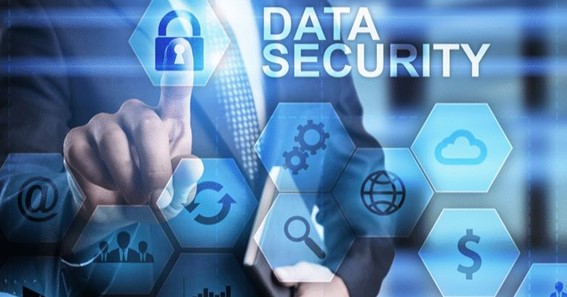What Are Some Best Practices for Data Security?
Data security is a term that refers to the various measures taken to protect electronic data from unauthorized access, like a data breach. Data security is a broad term that can encompass everything from physical security measures to password protection and firewalls.
The best data security practices will vary depending on the type of data being protected and the level of security required. However, there are some general best practices that can be followed to help ensure the security of your data.
Keep reading to learn more about best practices for data security.
Install a tracking blocker to keep your browsing history private.
There are a few best practices that can help keep your data more secure. One of these is to install a tracking blocker. This will help keep your browsing history private by preventing websites from tracking your activity. Another best practice is to use strong passwords and keep them confidential. You should also be careful about what information you share online and make sure to use encryption when sending sensitive information. Finally, it’s important to regularly update your software and devices with the latest security patches.
Store data in encryption form whenever possible.
When it comes to data security, one of the best practices is to store data encryption and utilize an encryption key whenever possible. This helps protect the data from being accessed by unauthorized individuals if it is ever lost or stolen. Another benefit of encrypting data is that it makes it more difficult for hackers to gain access to the information they are seeking. There are a number of different encryption algorithms and cyber warning services available, so you will need to select one that is appropriate for the type of data you are trying to protect. Additionally, you will need to create an encryption key that can be used to decrypt the data when it is needed. The key should be kept in a safe place and not shared with anyone who does not need access to it.
Click here – How to Print Your Own Checks Online?
When it comes to data security, one of the most important things you can do is to protect your personal information and data. This is anything from financial data to personal data, but all forms are sensitive data you should keep safe. Many people are not careful with their personal information and end up sharing it indiscriminately. This can lead to all sorts of problems, including identity theft and fraud if someone gets your social security numbers.
As such, don’t share your personal information indiscriminately. Only share your information with trusted sources, and be sure to review the privacy policies of any websites or apps concerning data privacy before providing them with your personal, private information.
Use strong passwords and change them regularly. Be sure to use a combination of letters, numbers, and symbols when creating your passwords. And don’t use the same password for multiple accounts.
Install anti-virus software and keep it updated. Anti-virus software can help protect your computer and your sensitive personal information from malware and other online threats.
Use a secure browser extension when shopping or banking online.
The use of a secure browser extension when shopping or banking online is one of the best practices for data security. This is especially necessary when you’re making big purchases, like a computer. A secure browser extension, such as HTTPS Everywhere, encrypts your traffic and makes it more difficult for hackers to steal your data. Additionally, using a strong password and two-factor authentication can also help protect your data.
In order to ensure data security, it is important to follow best practices. One such practice is to use strong passwords. This means using a combination of letters, numbers, and symbols that are difficult for others to guess. Another best practice is to keep passwords confidential and never share them with anyone else. Additionally, it is important to install updated antivirus software and firewall protection on devices that store sensitive data. It is also advisable to back up data regularly in case it is lost or compromised. Finally, employees should be trained on how to protect information and what steps to take if they suspect a breach has occurred.
Click here – Signs That Indicate You Need to Upgrade Your Corporate Learning Strategy










